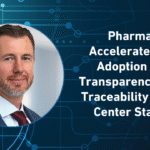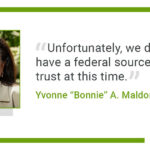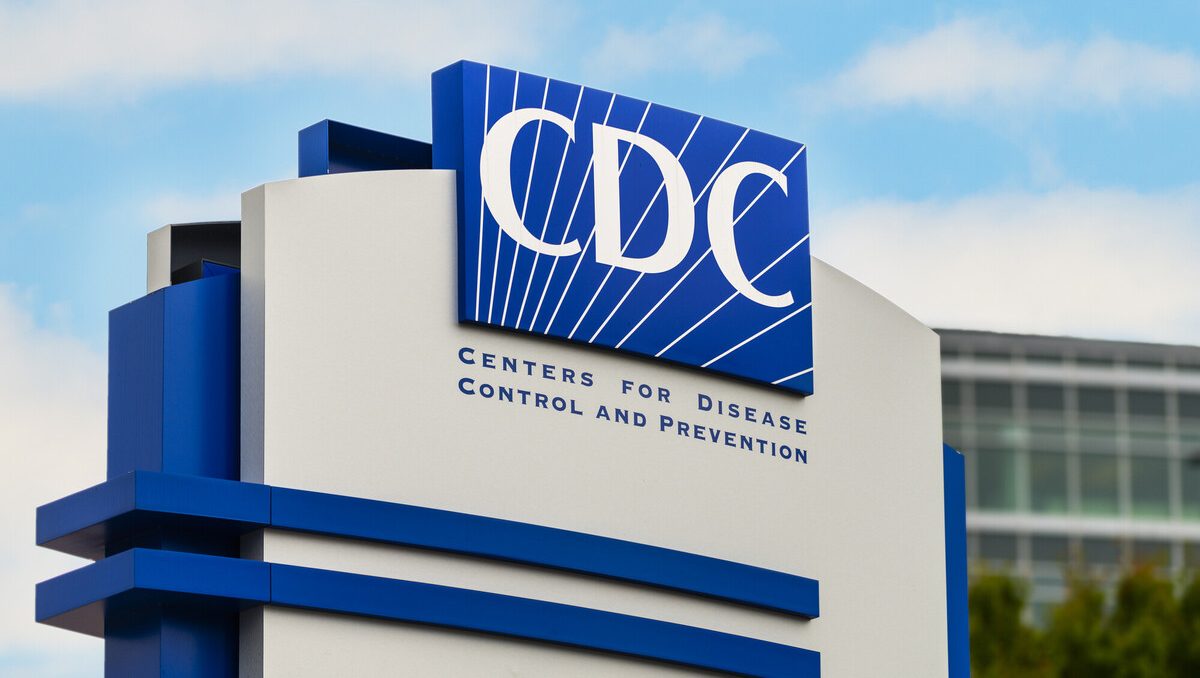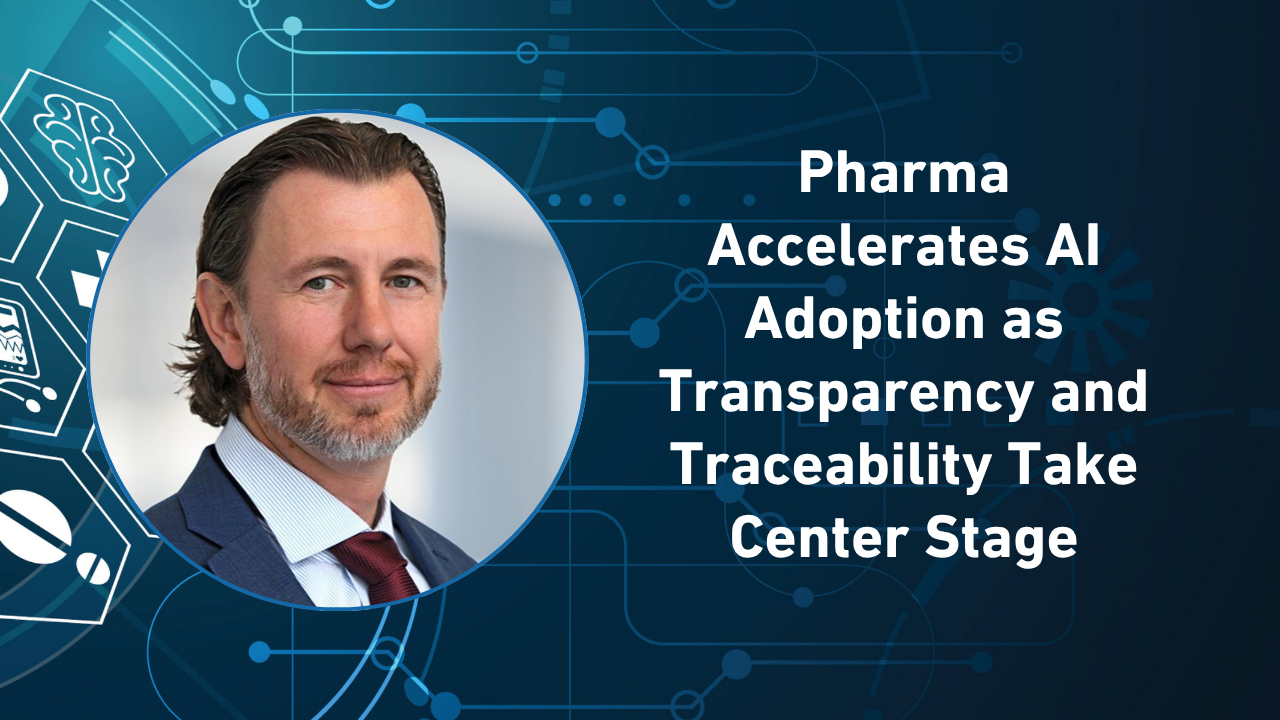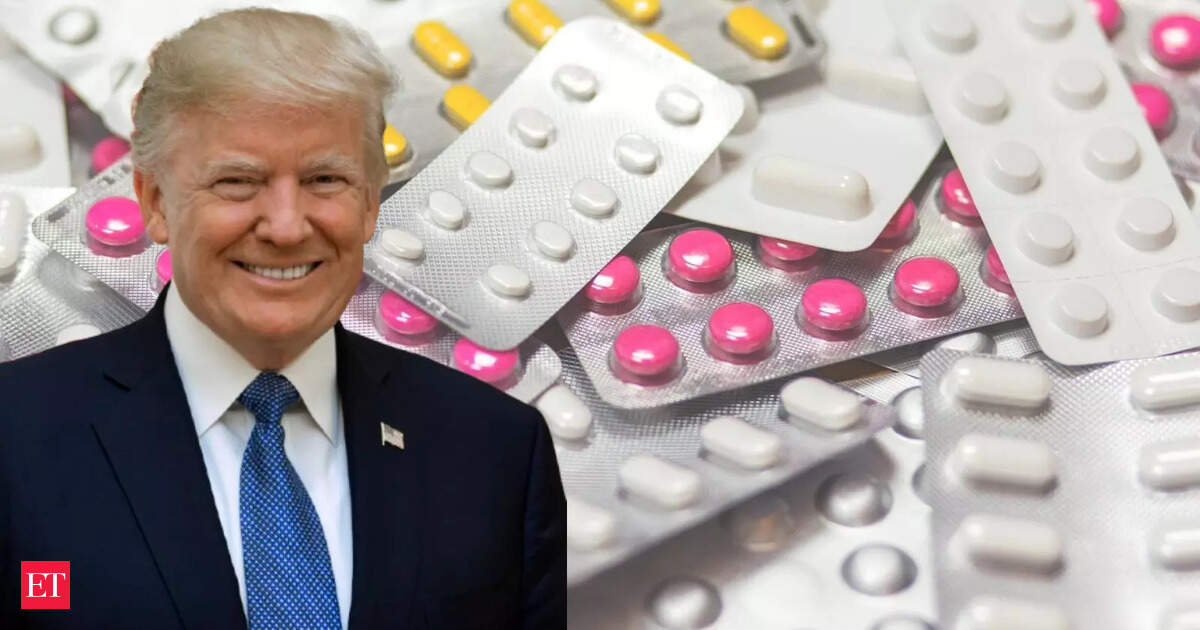When pharma and the CDC appear in the same headline, it usually sparks debate. To patients, the connection often looks murky: is the CDC advancing science—or aligning with corporate profits? For pharma marketers, this tension creates both a risk to brand reputation and an opportunity to build trust.
Why the CDC–Pharma Link Matters to Marketers
The CDC plays a central role in shaping treatment guidelines, vaccination schedules, and public health campaigns. Its guidance often becomes the framework for physician practice—and by extension, patient choices. For pharma brands, alignment with CDC recommendations can accelerate adoption. But when patients or providers perceive that influence is driven by pharma money or lobbying, credibility suffers.
Marketers need to understand that every CDC partnership, endorsement, or guideline can ripple through the public narrative. Transparency—or the lack of it—directly affects whether messaging resonates or backfires.
Risks of Overreliance on CDC Relationships
- Skepticism about Bias
During the COVID-19 pandemic, the CDC’s evolving vaccine and booster guidance—closely tied to the rollouts of Pfizer and Moderna’s products—was viewed by some as industry-driven. While the science was sound, inconsistent messaging fueled suspicion that pharma profits were influencing timelines. - Perception of Conflicts of Interest
In 2023, as new RSV vaccines came to market, the CDC’s recommendation for older adults to receive them was questioned. Some critics noted that advisory panel members had prior ties to vaccine manufacturers, casting a shadow over otherwise evidence-based guidance. - Public Health vs. Commercial Narrative
With GLP-1 weight-loss drugs (like Wegovy and Zepbound), the CDC has yet to issue formal broad guidance, but public health voices stress lifestyle change while pharma brands highlight clinical results. The gap between “population health” and “individual benefit” messaging has already created confusion among patients and providers.
Turning Risk Into Opportunity
Savvy pharma marketers can leverage the CDC–pharma relationship to strengthen trust, not undermine it:
- Lean on Transparency: With cancer therapies, for example, when the CDC and NIH update screening or prevention guidelines that align with new drugs, marketers should highlight the process behind the recommendation—clinical data review, independent panel decisions—rather than positioning it as a quick win for pharma.
- Educate on Process: In the case of pediatric COVID-19 vaccines, hesitancy wasn’t just about safety—it was about mistrust in how fast guidance shifted. Marketers who took time to explain the evidence review process were better able to reassure concerned parents.
- Differentiate Your Voice: Instead of echoing CDC messaging, add value. For GLP-1 marketers, this means providing patient support resources, cost guidance, and long-term health context that the CDC does not cover in its recommendations.
- Anticipate Pushback: When the CDC recommended broad uptake of the shingles vaccine Shingrix, some patients questioned whether it was really necessary for all older adults. Savvy marketers anticipated cost and necessity concerns with physician FAQs and consumer-friendly education.
For pharma marketers, the relationship between Big Pharma and the CDC is a double-edged sword. On one side, it can validate your product and accelerate market uptake. On the other, it can fuel public suspicion that erodes trust in both the CDC and your brand.
The challenge isn’t avoiding the connection—it’s managing the narrative with transparency, education, and empathy. In today’s environment, that’s not just good marketing; it’s essential brand survival.
Oh, and About Kennedy Jr
Why Kennedy Jr. Should Not Lead the CDC
1. Widespread Public Health Alarm and Calls for Resignation
- Over 1,000 current and former HHS employees have signed a letter demanding Kennedy’s resignation, citing fear that his leadership “endangers public health,” incurably politicizes health policy, and replaces scientific experts with unqualified ideologues.The Guardian
- Nine former CDC directors — from both Republican and Democratic administrations — penned a scathing NYT op-ed condemning Kennedy for severely weakening the CDC via mass firings, sidelining vaccine science, and potentially putting lives at risk.New York PostThe Times of India
2. Senate Hearing: Bipartisan Criticism of Science Undermining
In a heated Senate Finance Committee hearing (September 4, 2025), Kennedy faced tough scrutiny from both parties:
- Senators questioned his dismissal of CDC Director Susan Monarez, the firing of health experts, and the replacement of vaccine advisory panels with skeptics.Wall Street JournalNew York PostThe GuardianAP News
- Senator Bill Cassidy, M.D., accused Kennedy of effectively denying COVID-19 vaccines to Americans, citing constituents unable to access them.New York Post
- Senate Democrats called his leadership reckless and anti-scientific, urging he step down.The Guardian
3. Politicization, Staffing Chaos & Loss of Expertise
- Kennedy fired CDC Director Susan Monarez, who was confirmed by the Senate just weeks prior; she reportedly refused to approve directives that lacked a scientific basis.WikipediaVox
- Her dismissal triggered the departure of at least four other senior CDC officials, including the Chief Medical Officer and directors overseeing immunization and disease surveillance.WikipediaVox
- These resignations marked a mass exodus of scientific leadership and sparked walking protests among CDC staff.VoxWikipedia
4. Undermining Vaccine Science via Advisory Panel Overhaul
- Kennedy replaced all 17 members of the CDC’s Advisory Committee on Immunization Practices (ACIP) with individuals, many of whom are known vaccine skeptics and lack immunological expertise.Wikipedia
- Experts like Dr. Paul Offit criticized the new members — such as Robert Malone and Vicky Pebsworth — as known anti-vaccine activists.Wikipedia
5. Scientific Misinformation and Conspiracies
- RFK Jr. is a long-time promoter of vaccine misinformation, conspiracy theories (e.g., linking vaccines to autism or HIV/AIDS denialism), and anti-public health narratives.Wikipedia
- During a measles outbreak in early 2025, he downplayed the severity, mischaracterized hospitalizations, recommended unproven remedies like cod liver oil and vitamin A, and even overstated vaccine risks while arguing natural infection might be preferable.Wikipedia+1
The argument against allowing RFK Jr. to lead the CDC rests on four pillars:
- Loss of trust from within — mass resignations and employee revolt signal deep institutional crises.
- Political manipulation of science — replacing experts with skeptics undermines evidence-based policy.
- Erosion of public health foundations — his actions risk reversing progress in immunization, disease tracking, and outbreak preparedness.
- Promotion of scientific misinformation — undermining vaccination and public understanding during critical health crises.

